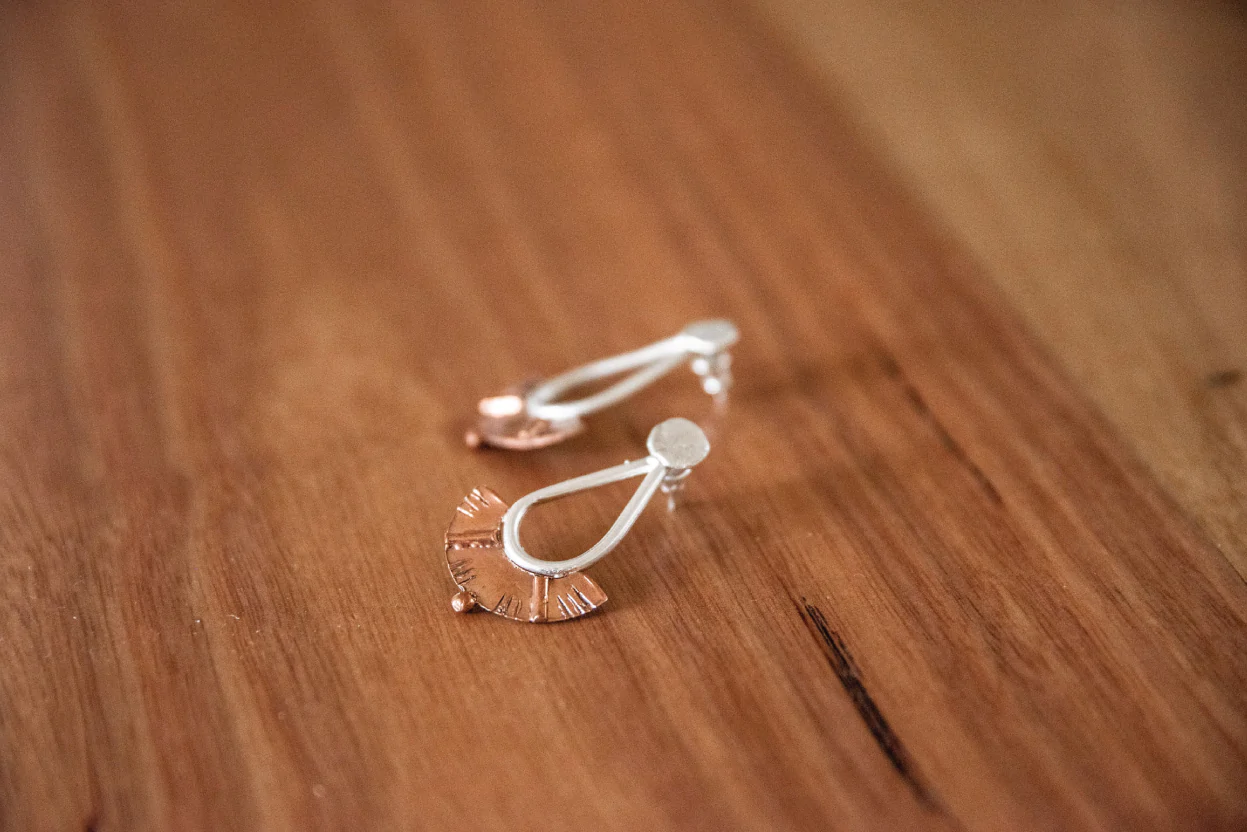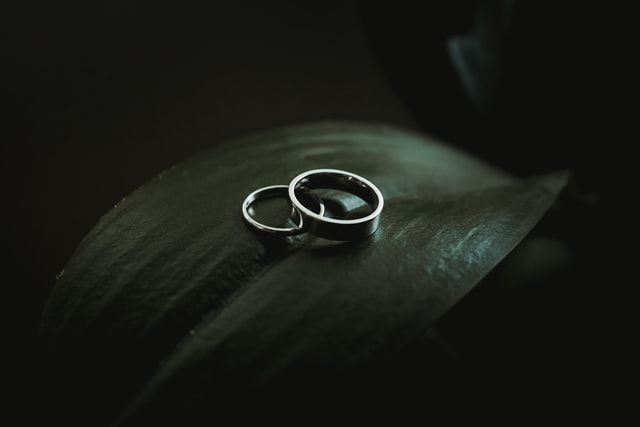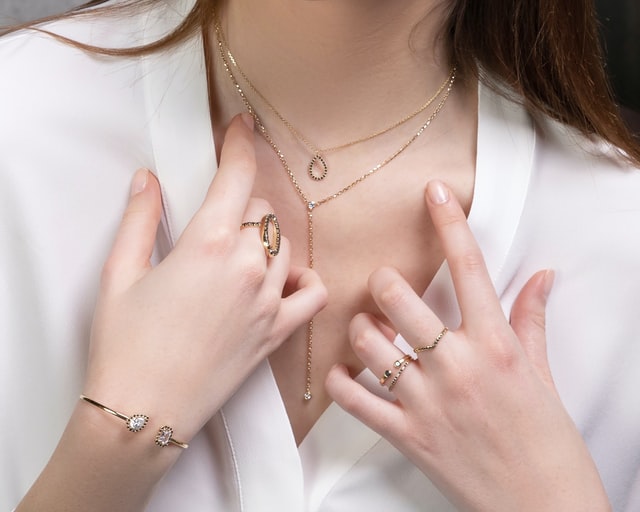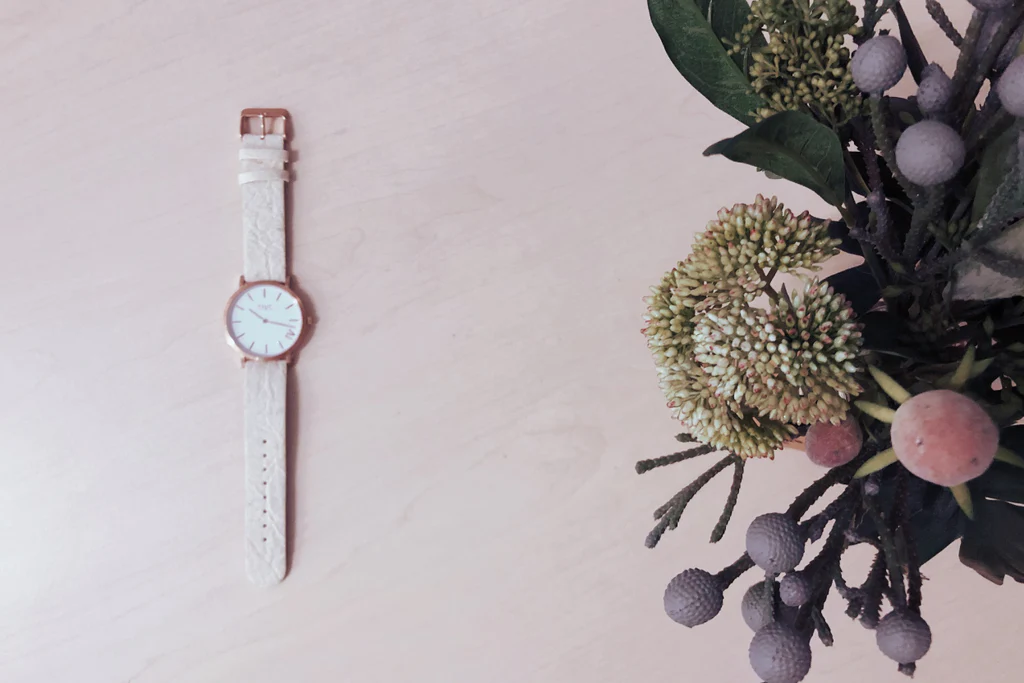
TIME IV CHANGE’s vegan and natural textile watches are sustainably sourced and cruelty-free
If you haven’t heard the term “ethical fashion,” you’re either not on social media or don’t watch the news. The collapse of Rana Plaza in 2013 brought about big changes in our industry, and the butterfly effect has been profound for six years. Since its devastating impact, several industries have come under fire, and rightly so.
Ethical practices and sustainable fiber are modern fashion necessities, and the latter need to change horribly if the planet is to survive in our industry. It’s a concept Kristen Barr understands and is the driving force behind her business, Time IV Change. On any given day, Christine wears several hats, from design and marketing to bookkeeping and social media, to raise awareness of the importance of vegan materials.
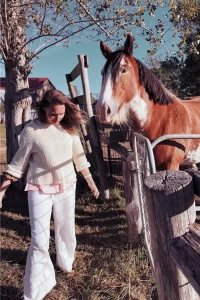
Her business is exactly what it sounds like; Time IV Change is dedicated to creating positive Change within the realm of Time, literally. Watches, chronometers, wristwatches, whatever you want to call them, most of us have owned them at some point in our lives, but few of us consider the environmental impact of timekeeping.
I’m not a vegetarian, but I have been for nearly a decade, and I’m an avid animal lover. When I see a horse, I’ll pull over and pat the horse, and I’ll give my love to any dog on the street who takes it. I also understand the impact of livestock farming and the moral impact of leather tanning in third world countries, so, when I have a choice, I choose vegan leather alternatives. Five years ago, I wouldn’t have said the same thing, because until recently, “vegan leather” meant PVC fabric, plastic, or petroleum-based materials rich in chemicals. What used to sound like a good cruelty-free option is actually an environmental minefield.

The founders of Time IV Change were similarly frustrated by the lack of vegetarian options on the market that met their sustainability needs, so they decided to create their own in 2015. Kristen Barr stepped in to run Time IV Change in 2018 and has since used her passion for ethics and sustainability to strengthen the brand.
“It comes down to doing the right thing; We stand by our values even when we may not see the right choice. We are animal lovers and we are committed to ensuring that everything within the business is cruelty-free and vegan. Our values drive the choices we make in the company. However, just being vegan is not enough for us. It is important to us that everyone who works with us throughout the supply chain is treated fairly, and it is equally important to us that our activities do not harm the planet. We are working towards the goal of doing “net good” for the earth.”
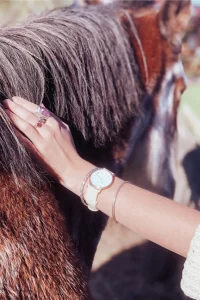
Unfortunately, priorities like these are not standard practice in the fashion industry. Putting people and the planet ahead of profits is not the typical balance for many modern fashion businesses, but it should be. I actively share Kristen’s views, and anyone who knows me knows that I am an advocate for ethics and sustainability. The fashion industry is saturated and competitive, so when a business decides to put their values first and forge a path to positive change, potentially forgoing profits in the process, I take my hat off to them. While measuring the positive impact can be tricky, it’s something Christine is working on.
“Being able to measure our impact in a more tangible way is one of our main goals for the rest of 2019. We know we’re doing a lot of “good,” but I’d like to be able to put more numbers around it. We donate 10% of our annual profits to various animal welfare and environmental causes, and while we’re not big enough to fully fund projects, we love the fact that our contribution helps to continue their excellent work. We also look at the impact of decisions on a daily basis and do a lot of research to determine which packaging to use, which Courier companies to use to send packages and, most importantly, which materials to use in our collection.”
The latter is what drew me to Time IV Change, especially their use of Pinatex and their refusal to use leather throughout the series. To the naked eye, Pinatex looks and feels exactly like leather, but it’s more environmentally friendly. It is an innovative natural textile made from pineapple leaves, a by-product of existing agriculture, and a sustainably sourced cruelty-free material. No toxic chemicals are used in the production process, meaning wastewater is also safer than its leather counterpart, and it is a renewable resource. Pinatex has a low environmental impact and is socially responsible, making it an ethical alternative to traditional leather. It may not be as cheap as real leather, but I’m happy to pay top dollar for fairness, just like Christine.
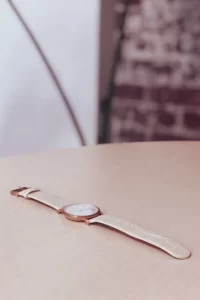
“We are committed to paying a fair price for our watches. It does not fully guarantee fair treatment, but it removes some of the “unknowns” of unsafe working conditions that do not value the well-being of workers. We set realistic manufacturing deadlines to avoid putting overtime pressure on our partners, and we carefully select our manufacturers based on their ethical framework and policies, regularly reviewing their certification and audit reports. We also visit our main sites at least once a year, if not twice.”
Christine is right; Ethical trading is a commitment. Once you know the difference between fair trade and unfair trade, or between moral treatment and unethical treatment, this is something you cannot “not know”.
To learn more about Pinatex or explore vegan alternatives to leather watches, visit timeivchange.com.au.
